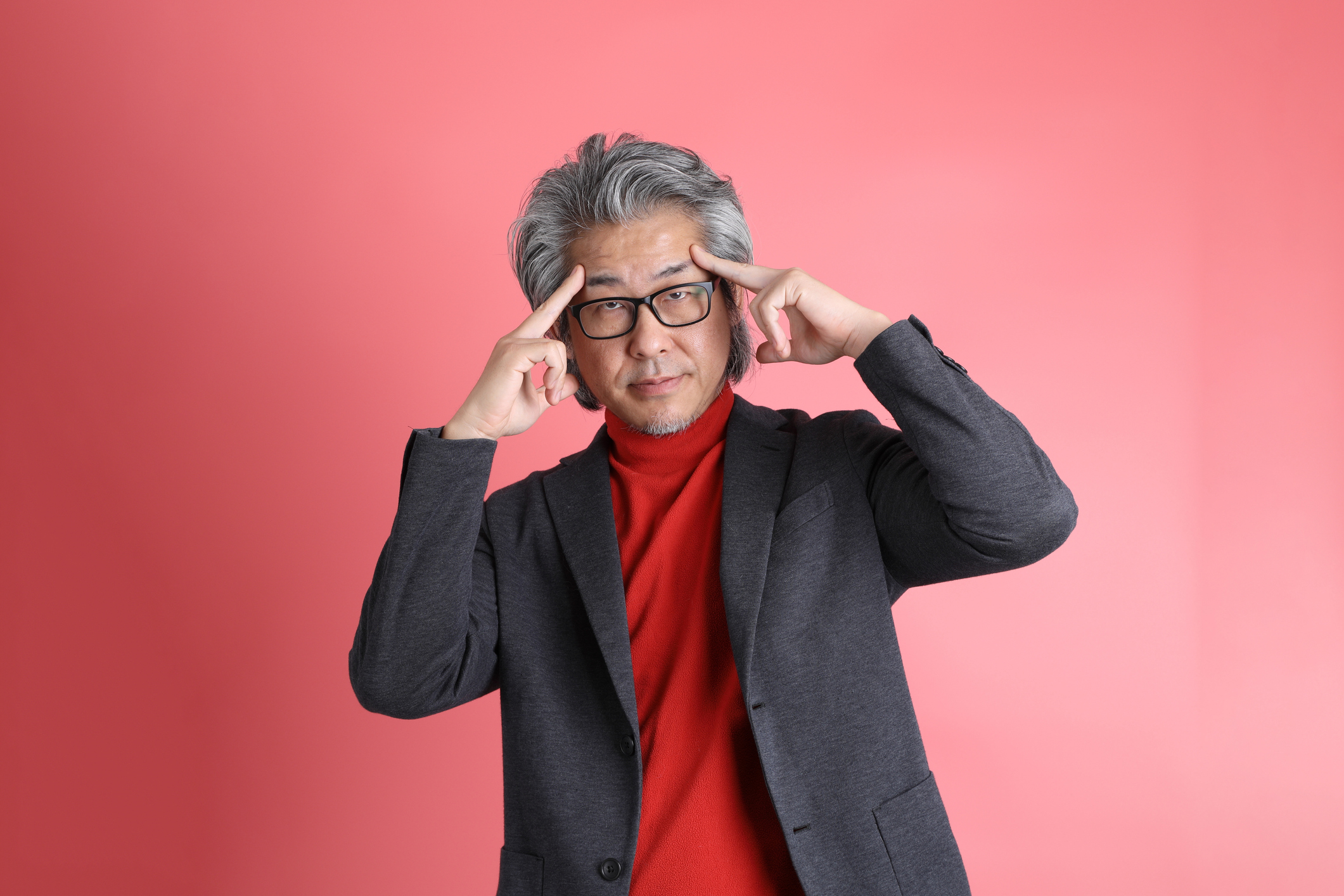

Four years ago, I had brain surgery to remove a benign cyst. In the aftermath, many people assumed I’d had a stroke. My recovery was almost as difficult.
But a stroke is something completely different. It’s where blood flow to part of the brain is cut off, and brain cells are damaged and eventually die due to lack of oxygen. Brain damage is often the result, along with various forms and degrees of incapacitation.
Most of the research on rehabilitation following a stroke has focused on the specific location of brain damage, on which neural connections have been affected and on the specific abilities that have been lost.
Now, though, there’s a new approach, one that looks at overall brain health.
And it turns out that keeping your brain young could be an “insurance policy” against possible stroke damage in the future…
The connection between brain health and stroke recovery
Until recently, overall brain health had been examined only in relation to neurodegenerative diseases like Alzheimer’s and Parkinson’s.
“Brain age has not been widely explored in stroke. A lot of stroke research has focused on how damage to the brain results in negative health outcomes, but there has been less research on how the integrity of the remaining brain tissue supports recovery,” says Dr. Sook-Lei Liew, the study’s lead author.
Now, a large international group of researchers has proposed that younger brain age is associated with superior post-stroke outcomes. Their mission is to create a worldwide network of stroke neuroimaging centers focused on understanding the mechanisms of stroke recovery.
Brain age is a biomarker that predicts chronological age based on neuroimaging of structures such as regional thickness, surface area and volumes. A brain that appears to be older than a person’s chronological age may have more structural changes, like shrinkage and thinning, that would usually occur at an older age.
Much research has already been done that provides strategies that might help us keep our brains “younger” by cutting down shrinkage of the overall brain and thickness of areas especially important to cognition, like the hippocampus and cerebral cortex.
Does this mean if we heed that advice our brains stand a better chance following a stroke?
“The health of your overall brain can protect you from the functional consequences of stroke. That is, the healthier your brain is, first, the less likely you are to have a stroke, and second, the less likely you are to have poor outcomes if you do have a stroke.
“There’s so much research on the aging brain right now, and therapeutics being developed to slow brain aging. This study ties brain aging to stroke outcomes, so any therapeutics developed to slow brain aging might also be helpful to improve outcomes after stroke,” says Dr. Sook-Lei Liew, the study’s lead author.
Strategies for a “younger” brain
The researchers note that including imaging-based assessments of brain age and brain resilience may improve the prediction of post-stroke outcomes and open new possibilities for potential therapeutic targets.
In the meantime, there’s much that research has shown could help support brain health, especially signs of aging like shrinkage and volume…
Fish Oil. When it comes to brain age, omega-3s have a long history. Way back in 2011, scientists at the Rhode Island Hospital Alzheimer’s Disease and Memory Disorders Center found there was a clear association between fish oil supplements and brain volume. More recent research has shown dosage matters.
Blueberries. Drinking concentrated blueberry juice was shown to improve blood flow to the brain and increase cognitive function.
Green leafy vegetables. Eating your greens can help slow brain aging by more than a decade!
Vitamin B12. Research at the Rush University Medical Center in Chicago found that if you have too little B12, your brain is vulnerable to extra shrinkage as you age. A diet heavy on fresh, green vegetables and organic meats can supply a wealth of B vitamins.
Beyond your diet, there are other ways to hold on to a more youthful brain as you age…
Meditation. It’s been proven that daily meditation preserves grey matter.
Exercise. No surprise here! Exercise is probably the most scientifically-backed way to reverse brain shrinkage and plump up your brain.
Sleep. Getting a good night’s sleep is essential to keeping your brain ‘clean’ and healthy.
Take it easy on the alcohol. Even light-to-moderate alcohol consumption is associated with a shrinking brain.
Sources:
International study shows link between brain age and stroke outcomes — Eureka Alert
Association of Brain Age, Lesion Volume, and Functional Outcome in Patients With Stroke — Neurology

